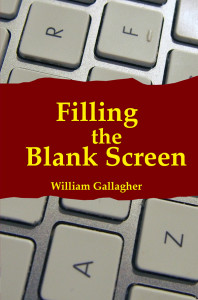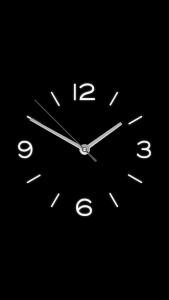Okay, it is occasionally argued that the reader or viewer knows more about a piece of work than its writer. Bollocks. I’ve been told by reviewers that my Doctor Who dramas are unquestionably, undoubtedly, certainly based on things I’ve never actually heard of.
But.
There is this thing with Star Wars. George Lucas keeps fiddling and he says that the original version was unfinished. He says that all his fiddling is making the movie into the film he always wanted it to be. I could be alright with that. There’s a song called Anchorage by Michelle Shocked that I adore and later on in her career she changed a couple of words. I found that very hard, somehow, but it’s her song and that’s it.
Except some of Lucas’s fiddling is juvenile.
He’ll take a scene and fill the background with CGI aliens that are distracting from the dramatic purpose of the moment and are sometimes just crap anyway.
Then he’ll go all Old Man’s Attitude on a scene. Originally, Han Solo is cornered by a baddie and kills him. Han is therefore a bit interesting, a bit less squeaky-clean than most of the characters, a little bit more than one-dimensional. And, most of all, his enemies are serious. Later we’re going to hear more about them and it’s more and more of a thing. But in the subsequent versions of the film, the baddie shoots first. He does so because Old Man’s Attitude says decent heroes don’t shoot until the baddie has. Lucas is fussed about the word decent whereas I am fussed about the word hero: because the baddie shoots first and we want Han to survive the film, the baddie must miss. From about a pixel away. Baddie is therefore ridiculously amateur and unthreatening.
That’s what you want: baddies who are unthreatening.
All this comes up now, though, because of a news story in The Atlantic that features someone called Harmy who has spent years recreating the original version of Star Wars from the various versions. You literally cannot buy the original film now but over the years there were Laserdisc and VHS versions and the like that are being scraped and utilised to rebuild the movie as it was. Fine.
I appreciate the craft and the determination. I wouldn’t if Lucas’s changes weren’t so often truly, deeply poor but they are so I do. What really interests me though, is that The Atlantic has also got this quote:
People who alter or destroy works of art and our cultural heritage for profit or as an exercise of power are barbarians, and if the laws of the United States continue to condone this behavior, history will surely classify us as a barbaric society…
Today, engineers with their computers can add color to black-and-white movies, change the soundtrack, speed up the pace, and add or subtract material to the philosophical tastes of the copyright holder. Tomorrow, more advanced technology will be able to replace actors with “fresher faces,” or alter dialogue and change the movement of the actor’s lips to match. It will soon be possible to create a new “original” negative with whatever changes or alterations the copyright holder of the moment desires. The copyright holders, so far, have not been completely diligent in preserving the original negatives of films they control. In order to reconstruct old negatives, many archivists have had to go to Eastern bloc countries where American films have been better preserved.
That’s George Lucas making a speech to the US Congress in 1988. The Atlantic points out that this was to do with the then hot-topic of bastards colourising black and white classics. The Atlantic says:
Some argue that here Lucas was railing against outsiders being able to alter a directors work, not against directors being able to update their own pieces. Which raises the question of who truly owns something like Star Wars—a huge cultural phenomenon—once it is unleashed. Lucas addresses that in his speech too. “American works of art belong to the American public; they are part of our cultural history,” he said.
I think the word you’re looking for is ‘busted’.
Read the full piece in The Atlantic and learn more about what drives this Harmy.

